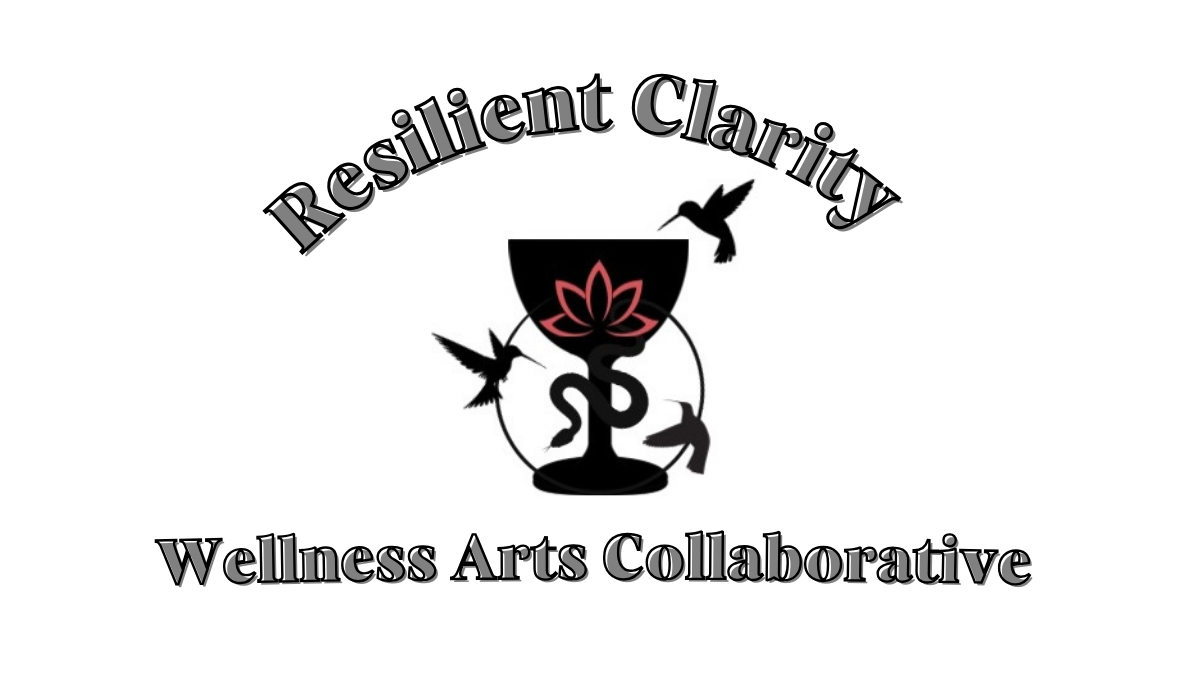Understanding the Whole Person with Functional Medicine + the Three Principles
If you’ve been wondering, “Do I have ADHD?”—or someone close to you has raised the question—it can feel overwhelming, confusing, and even emotional. Maybe your thoughts race. You lose track of time. You start one task, then three more. Your body can’t sit still, and your emotions ride waves you don’t always understand.
You’re not alone—and you’re not broken.Let’s explore a different way of looking at ADHD/ADD. One that goes deeper than checklists or medication. One that acknowledges the chemistry and the consciousness behind your experience.
What Is ADHD or ADD—Really?
ADHD (Attention-Deficit/Hyperactivity Disorder) and ADD (its older name, still used informally) are clinical labels for patterns like:
• Difficulty focusing or sustaining attention
• Restlessness or constant mental activity
• Trouble following through or organizing
• Impulsivity, emotional swings, or feeling overwhelmed easily
But let’s be clear: these are not character flaws.
They’re experiences—often intense ones—and they don’t define your worth, intelligence, or potential.
Diagnosing ADHD: Not Just a Checklist
ADHD is diagnosed through a clinical process. There’s no blood test or brain scan that says “yes or no.” Instead, healthcare professionals use interviews, behavior reports, and criteria from the DSM-5 to determine whether symptoms began in childhood, persist over time, and significantly affect your daily life.
But a diagnosis is only the beginning.Understanding why you feel the way you do is where real healing begins.
Functional Medicine: A Root-Cause Lens
As a pharmacist who practices Functional Medicine, I often look beyond the label to ask deeper questions:
“What’s driving this pattern in your body and brain?”
“What’s missing or out of balance?”
“How can we restore calm, clarity, and flow?”
Functional Medicine explores root causes like:
Genetics: Family history influences brain chemistry
Nutrient Deficiencies: Low iron, zinc, omega-3s, and B vitamins matter
Gut-Brain Axis: Inflammation and microbiome imbalances can impact mood and focus
Sleep & Stress: Poor recovery sabotages executive function
Environmental Toxins: Pesticides, mold, or heavy metals may play a role
Instead of masking symptoms, we work to restore balance—supporting the brain from the inside out.
The Three Principles: A Radical Shift in Perspective
In addition to biochemistry, there’s another layer: how we relate to our thoughts, behaviors, and emotions.
The Three Principles, shared by Sydney Banks, are:
Mind: The universal intelligence behind all life. You are not broken. You are whole and resilient, even on your hardest day.
Consciousness: The awareness that allows you to experience your reality—not as fixed truth, but through your current state of mind.
Thought: The temporary mental content we often mistake for permanent truth. When you feel “out of control,” it’s often not the ADHD—it’s believing the anxious, critical thoughts that pass through.This framework reminds us: You are not your thoughts. You are not your diagnosis.You are the awareness beneath it all.
Practical Steps to Move Forward (Holistically)
Whether you’re newly diagnosed, considering an evaluation, or exploring alternatives, here are a few empowering steps to take:
***As someone with ADHD reading this I would find myself thinking: “Makes sense, I’ll do that!”…and then finishing the article and basically being like “ooh shiny object”, “SQUIRREL!!” or the next interesting thing!!*** Which is why I highly recommend working with a Coach, care coordinator, or accountability partner… These steps require 1. Understanding, 2. Practice, and 3. Persistence in order to convince your neurospicy brain 🧠 to make them part of the normal routine! Library like stop device for efficiency so implementing new things that take time or learning curve often fall out of favor relatively quickly during the implementation phase… Contact me and learn how I can help!
1. Get a Personalized Assessment
Find a provider who understands both mental health and root-cause medicine. Rule out things like nutrient deficiencies, sleep disorders, or trauma-related symptoms that can mimic ADHD.
2. Optimize Your Brain’s Foundation
Prioritize consistent, restful sleep
Eat nutrient-rich, whole foods (especially protein + healthy fats)
Consider targeted supplements (with clinical guidance)
Reduce inflammation and balance blood sugar
3. Support Your Nervous System
Try daily breathwork or mindfulness to calm overactivation
Get outside. Move your body. Dance, stretch, walk.
Reduce stimulants like caffeine if they make you jittery
4. Use Tools That Match Your Brain
Break tasks into micro-steps
Use visual cues, alarms, or body doubling
Create “activation rituals” to start tasks without pressure to finish them
5. Stay Curious About Thought
Notice how you speak to yourself. Are you believing stories that keep you stuck?
You are more than your habits. You are the observer of your mind—not its victim.
Final Thoughts: You’re Not Behind. You’re on the Edge of Discovery.
ADHD/ADD doesn’t have to mean chaos, shame, or a lifetime of struggle. With the insights of Functional Medicine and the compassion of the Three Principles, a new path is possible.One where healing isn’t about fixing you…It’s about finding you.
Written by Dr. Justin L. Herbert, PharmD/RPh
Integrative Pharmacy Specialist Charlotte, NC
Founder of The HypnoPharmacist & Resilient Clarity
📞 980-254-1231 | 📠 704-519-2776

Leave a Reply
You must be logged in to post a comment.